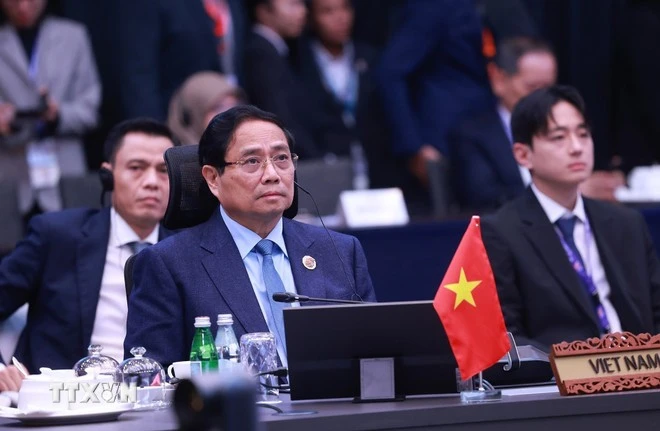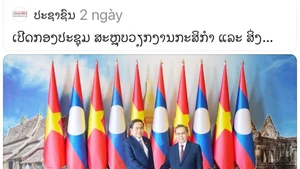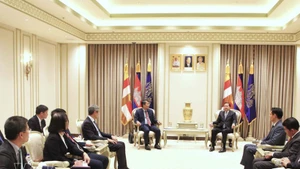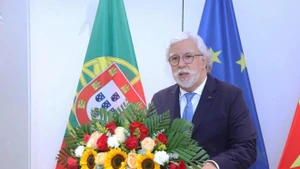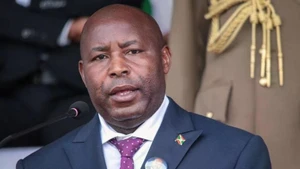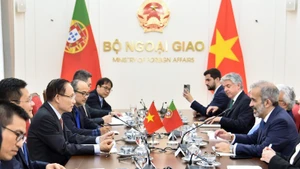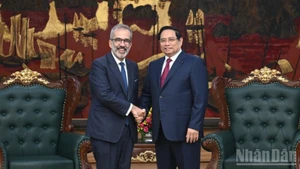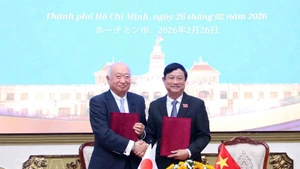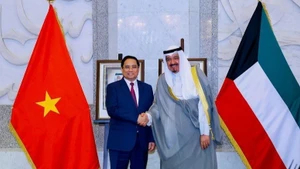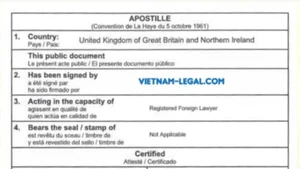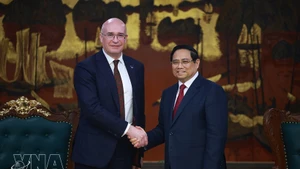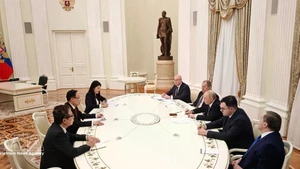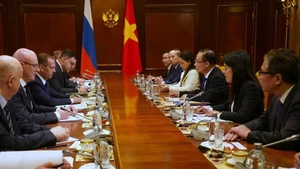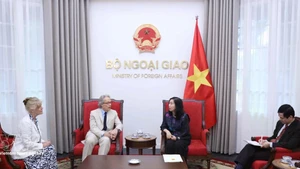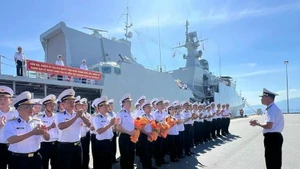PM Chinh made the call while joining leaders of other ASEAN member states, China, Japan, and the Republic of Korea (RoK) at 28th ASEAN Plus Three (APT) Summit on October 27 as part of the ongoing 47th ASEAN Summit and Related Summit in Kuala Lumpur, Malaysia. The event also saw the attendance of the Director of the ASEAN+3 Macroeconomic Research Office (AMRO) and the Chairman of the East Asia Business Council.
Proposing orientations for strengthening the APT cooperation in the new situation, PM Chinh underscored the need to improve the quality of cooperation in economy, trade and investment, digital transformation, and green transition. He called for effectively leveraging the ASEAN-China Free Trade Area 3.0 while urgently reviewing and upgrading free trade agreements between ASEAN and Japan and the RoK. He urged expanding the Regional Comprehensive Economic Partnership (RCEP) and linking it with other regions to diversify markets and supply chains. Besides, it is necessary to enhance investment in digital infrastructure and data centres as well as step up digital trade, complete database, and better economic management capacity.
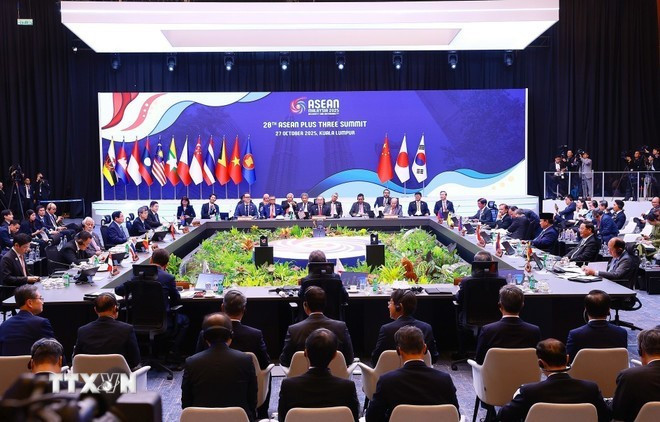
The Vietnamese Government leader underscored the importance of consolidating regional resilience and self-reliance. He proposed the effective implementation of the APT Emergency Rice Reserve (APTERR) and the Rapid Financing Facility (RFF), stronger energy security cooperation, and emergency energy reserves research.
PM Chinh proposed investing in climate-resilient infrastructure and regional disaster early-warning systems. He suggested East Asian countries to support ASEAN members which have demand for nuclear energy development through technology transfer, experience sharing, human resources training, and nuclear safety assurance. Additionally, the leader proposed connecting financial centres of ASEAN+3 countries to better attract green capital for the region’s digital transformation and green transition.
The Vietnamese leader emphasised solidarity and close coordination to maintain a peaceful, secure, and stable environment for development. He stressed that ASEAN+3 must serve as a mechanism for maintaining solidarity, promoting dialogue, building trust, and strengthening comprehensive, inclusive, and sustainable cooperation to collectively address common regional and global challenges.
PM Chinh stressed that whether addressing issues on the Korean Peninsula, the East Sea/South China Sea, or any other matters, the most important factor is that countries must respect international law, including the UN Charter, and the 1982 United Nations Convention on the Law of the Sea (UNCLOS). He advocated for frank dialogue, sincere cooperation, mutual trust and respect, dispute settlement via peaceful means, and cooperation to shape an open, inclusive, transparent, rules-based regional architecture with ASEAN holding the central role.
At the event, regional leaders acknowledged that since its establishment in 1997, the ASEAN+3 has evolved into an important regional cooperation framework, with the core being developing safe networks for economy, finance, and regional development. They said the Chiang Mai Initiative Multilateralisation (CMIM) has helped reinforce the regional financial safety networks while the AMRO plays an increasingly active role in supporting member countries’ macroeconomic stability. Besides, the APTERR has also been a tool to foster regional food safety.
They emphasised the need for the ASEAN+3 to affirm its key role in promoting cooperation and creating a favourable environment to maintain growth momentum in East Asia, respond to challenges in a timely and effective manner, and improve resilience against international and external shocks amidst global uncertainties.
Leaders of China, Japan, and the Republic of Korea hailed ASEAN’s role in boosting regional development, pledging to support the bloc to realise the ASEAN Community Vision 2045, carry out the ASEAN Power Grid, and negotiate the Digital Economy Framework Agreement.
Participants concurred to push ahead the implementation of the APT Cooperation Work Plan 2023-2027, review and expand the RCEP, and reinforce regional financial cooperation through the CMIM and the RFF. They also stressed the importance of supporting micro, small, and medium-sized enterprises, developing digital economy and green economy, and enhancing collaboration in the settlement of cross-border crimes, border management, food and energy security, pandemics, climate change, and natural disasters towards inclusive, resilient, and sustainable societies for future generations.
The leaders of ASEAN+3 nations adopted a joint declaration on enhancing regional economic and financial cooperation at the end of the summit.
